Experts reveal the dream frequency households should empty food waste bins to avoid fruit fly nightmares
It breaks the breeding cycle


Design expertise in your inbox – from inspiring decorating ideas and beautiful celebrity homes to practical gardening advice and shopping round-ups.
You are now subscribed
Your newsletter sign-up was successful
Want to add more newsletters?

Twice a week
Homes&Gardens
The ultimate interior design resource from the world's leading experts - discover inspiring decorating ideas, color scheming know-how, garden inspiration and shopping expertise.

Once a week
In The Loop from Next In Design
Members of the Next in Design Circle will receive In the Loop, our weekly email filled with trade news, names to know and spotlight moments. Together we’re building a brighter design future.

Twice a week
Cucina
Whether you’re passionate about hosting exquisite dinners, experimenting with culinary trends, or perfecting your kitchen's design with timeless elegance and innovative functionality, this newsletter is here to inspire
A few fruit flies hovering around your home in summer is expected, but the last thing you want is to open your trash can to a plume of these pests.
So, how often should you empty your food waste bins and trash cans to prevent fruit flies? Pest pros reveal the dream frequency.
How often to empty food waste bins to cull breeding cycles
Preferably, you should empty a trash can every day to avoid infestations, our pros advise. How often you empty your food waste can, however, depend on the type of trash can you have and how warm it is where you live.
As a general rule of thumb, pest experts suggest emptying them and replacing the bag at least every two days to get rid of gnats and maggots.
It might sound excessive, however, Daniel Baldwin, board-certified entomologist at Hawx Pest Control, explains, ‘Fruit flies can lay up to 500 eggs, which can hatch in 24 hours. This is why it’s important to reduce opportunities for them to breed and feed to avoid a larger infestation.’
If you don’t want to empty your food waste every day, Daniel adds that a more effective approach is to dispose of any food waste straight into outdoor trash cans with tight-fitting lids.
‘This is because fruit flies are highly attracted to the smell of fermenting sugars in rotting fruits, vegetables, and other organic waste,’ he says. ‘You should also be cleaning your trash cans regularly with soap and water to remove lingering smells and residue.’
Design expertise in your inbox – from inspiring decorating ideas and beautiful celebrity homes to practical gardening advice and shopping round-ups.

Store food correctly to avoid attracting flying pests
Masking trash can smells can also be effective, but to a lesser extent. The source of odor should always be removed to truly prevent indoor pests.
Using a smaller trash can for food waste, such as the simplehuman countertop compost caddy from Wayfair, and small compostable trash bags from Walmart, can make daily emptying less wasteful.
Of course, preventing infestations of these tiny flying insects also comes down to cleaning a kitchen correctly.
Jim McHale, entomologist and president at JP McHale Pest Management, suggests completing a full inspection of your kitchen if you have lots of fruit flies, hunting out any sticky residue they may be feeding on (especially around and inside your trash can), and keeping fruits and vegetables stored inside the fridge where possible.
Don’t forget to also check stored food for rot, and toss out as needed.
What to shop
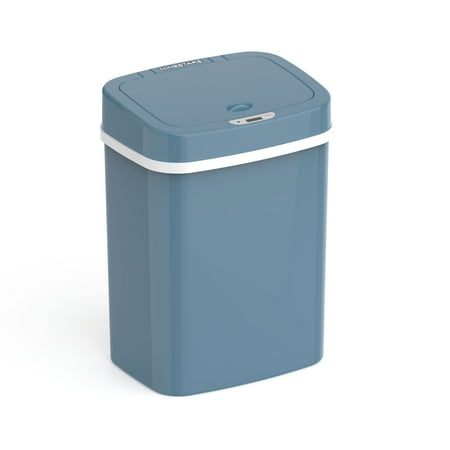
The hands-free lid opens with a simple wave of the hand, perfect when prepping food in the kitchen.
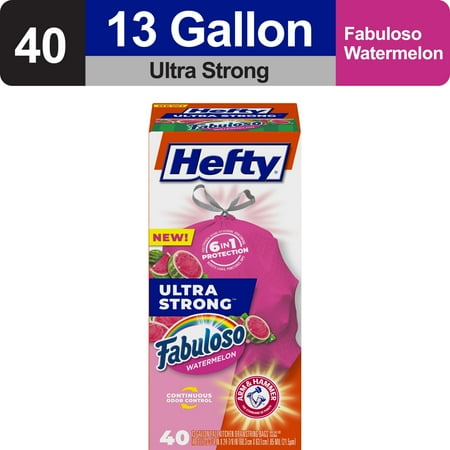
Scented trash can bags can help to mask the odor of rotting food.

This extra strong cleaning vinegar is perfect for cleaning trash cans, helping to kill mold and bacteria while deodorizing. All without any harsh chemicals.
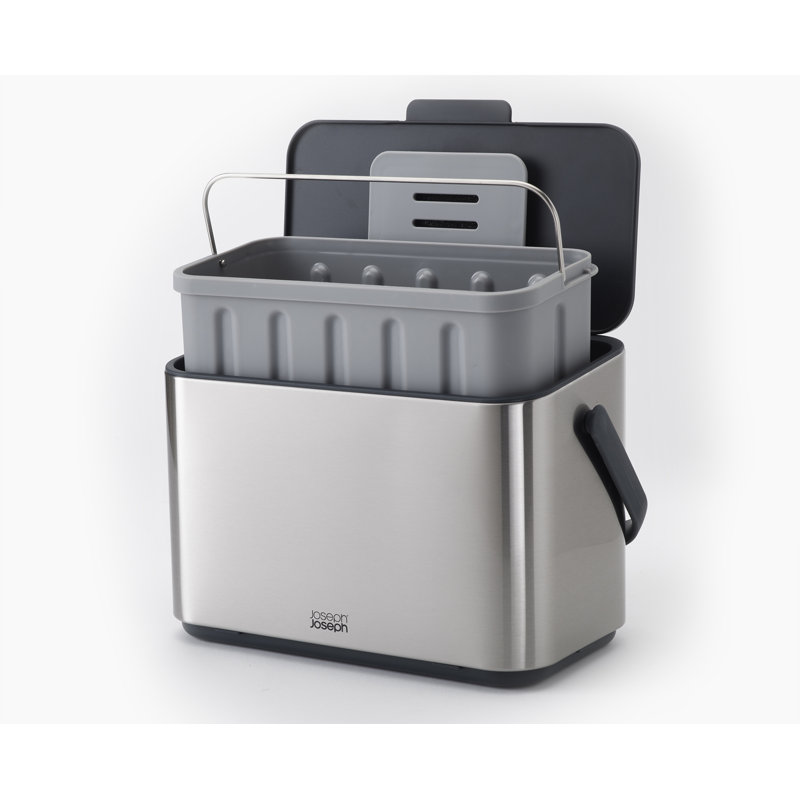
Using a smaller countertop compost bin for food waste makes emptying out waste daily a lot easier and less wasteful.
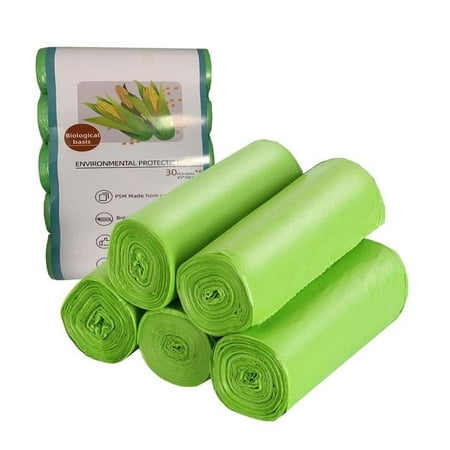
These compostable trash bags are made from PSM (Plastarch Material) which can be naturally broken down without causing environmental damage.
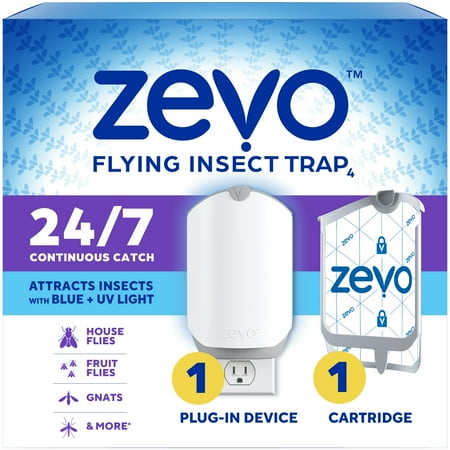
Zevo gives you 24/7 protection, killing flying pests and leaving you free to enjoy your home.
Meet the experts

Daniel is an entomologist with over a decade of experience, working at Hawx Pest Control, which was founded in 2013. Since it has grown across 12 states.

Jim McHale is a certified entomologist as well as the President and CEO of JP McHale Pest Management.
Still struggling with these pesky pests? People swear by the Zevo Flying Insect Trap, or you can make your own DIY gnat trap with apple cider vinegar.

Chiana is Homes & Gardens’ kitchen appliances editor. With a lifelong passion for cooking and baking, she grew up experimenting in the kitchen every weekend with her baking-extraordinaire Mom, and has developed a great understanding of how tools and appliances can make or break your ideal relaxing kitchen routine.